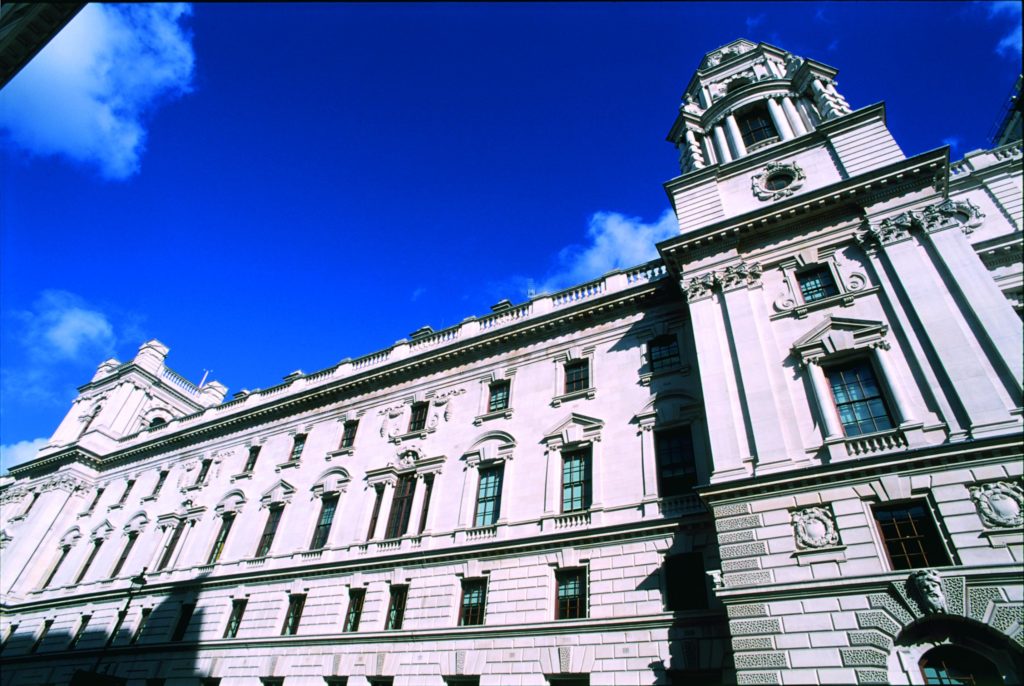Introduction by Patrick Allen, Chair of PEF.
The budget delivered on the 11th March 2020 was arguably the most important in a decade.
The UK economy is under unprecedented stress:
- It has not recovered from the 2008 global financial crash
- The austerity measures implemented in 2010 by George Osborne to deal with it made matters worse:
- Public debt has risen not fallen since 2010
- Productivity has flat-lined for 10 years
- Wages have scarcely recovered from pre-crash levels
- Growth of the economy in the last 10 years has been way below the previous trend
- All public health indicators have worsened and poverty has risen
- Public services are under funded and in crisis
- The NHS in particular has been denied the funds it needed to cope with inflation , a growing population and medical advances
- The Brexit referendum result caused grave uncertainty leading to significant loss of investment and output:
- Investment has been delayed
- Companies and individuals have left the UK
- Any Brexit , hard or soft will cause further economic damage compared to staying in
- The actual cost of Brexit measures to date is £7bn but the loss of output to date due to Brexit is estimated at £130bn (Bloomberg)
- The climate emergency needs major policy changes and green investment to avoid catastrophic global warming
- The Coronavirus Pandemic will cause a massive loss of output as the economy shuts down possibly for months. Some estimates suggest a loss of GDP of 40%
Although the Chancellor had only been in post for four weeks by budget day, he had a massive challenge on his hands.
We decided to ask council members to comment on the budget measures on the day after the speech and give their verdict.
The budget now seems a long time ago as the Coronavirus emergency has eclipsed it and all other news. There has been a massive and unprecedented loss of economic activity while the entire population is in lockdown. Since budget day the Chancellor has been forced to revise his spending plans and deliver 3 further major policy announcements to deal with the crisis.
Nevertheless, it is important for PEF to put on record the views of council members of the new direction of travel for the economy made clear in the budget. The government has torn up its previous budget and spending rules without producing any new rule.
It now believes in spending on infrastructure, having derided Labour’s not dissimilar plans proposed in 2019 and in the run up to the election as fantasy.
Austerity appears to have been abandoned as an ideology, but little attempt was made to restore previous spending cuts e.g. to welfare benefits, local authorities, justice and education.
There was unsurprisingly no apology to those who have suffered from austerity.
In 2010, the government said it could not afford to spend due to the deficit and the aftermath of the crash and that there was no alternative (TINA) to savage cuts in public spending on benefits and services. Now it will spend without limit and do whatever it takes to deal with the Coronavirus.
The measures to deal with climate change were more than inadequate as they included a significant increase in road-building.
Are we all Keynesians now as the Guardian newspaper suggested after the budget? Or is it simply that everyone is a Keynesian in the foxhole as Robert Lucas once put it?
When the pandemic is over there will be a major enquiry into this U-turn in economic policy and how it was that austerity was imposed and persisted with despite the views of the majority of leading economists and evidence of the damage it was causing.
PEF was founded in 2018 to oppose and call out austerity as an economic policy so we will have a lot to say in any such enquiry.
The budget and the reaction to the Coronavirus crisis shows that austerity was a political choice all along. A reckless move using the aftermath of the 2008 crash to shrink the state.
Photo credit: Flickr/HM Treasury.

